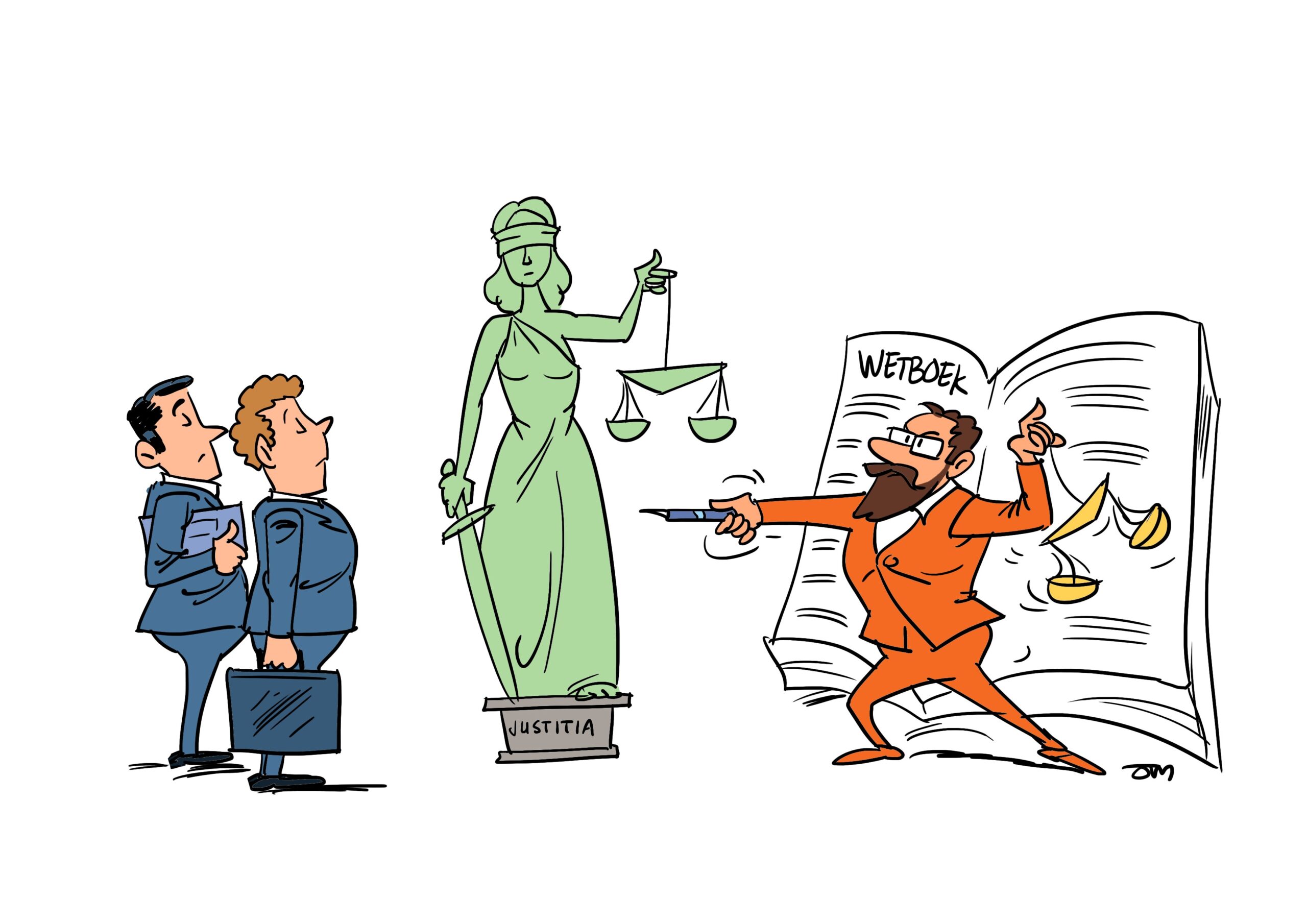The director salary can be taxed in multiple countries. This depends on where in fact the activities of the director took place.
Director salary and tax treaties
The tax treaties determine where what is taxed. The tax treaties make a difference between employees not being a director and directors.
Employment article tax treaties
An employee is taxed in the country where the work is actually being done. This article is ‘famous’ because of the well-known 183 day rule. A rule everybody uses when not applicable. For instance: I have been less than 183 days in the Netherlands, so my friend told me I do not need to pay tax in the Netherlands. Or: I am living in the Netherlands, but I worked less than 183 days for a foreign company, my neighbour told me that I do not need to pay tax in the Netherlands.
The 183 day rule is about you being send by your employer to another country. Another country is another country than the country where you are a tax resident. Otherwise it has no purpose. AND you are paid by your employer that is not residing in that other country. And your employer does not charge the entity you worked for in that other country.
That implies if you are a tax resident in the Netherlands and you worked less than 183 days in the Netherlands. You still pay Dutch tax as you are a Dutch tax resident.
If you worked less than 183 days in the Netherlands for a foreign employer, you still pay Dutch tax as the foreign employer should have started a Dutch payroll instantly. Based on exactly the article of this chapter.
Director article tax treaties
The director article states that the salary is taxed in the country where the work is being done. Or if the income should be allocated to another country, it is taxed in that other country. No 183 day rule for the director. The allocation possibility makes the director article different from the employee non director article.
The above description we would like to explain with the help of a court case.
Court case – Dutch tax resident, director of Belgium company
A Dutch tax resident was director of a Dutch company, Belgium company and French company. For all three companies he was active and received a salary income. In his Dutch income tax return he claimed a double taxation relief for the Belgium salary. A taxation relief based on fully excluding this income.
The Dutch tax office did not follow the filed income tax return and provided a double taxation relief. Not based on full exemption, but on partial exemption.
The Dutch tax resident appealed the decision and claimed that he should be treated equally in this respect as a Belgium employee that is a tax resident in the Netherlands.
The court ruled that as the income earned as Director of Belgium company was taxed in Belgium as such, that the director article in the Dutch Belgium tax treaty applies. This means that the director income is fully exempted in the Dutch tax return, not partly.

Director is not equal to regular employee
The Dutch tax resident in the above court case, appealed on equal treatment with that of a regular employee working in Belgium that lives in the Netherlands. We think you can compare apples with apples, but not lemons with apples.
For the regular employee a different article is in the tax treaty than for the director. Moreover, a regular employee has often no say in where the job is going to be executed. The director is often able to determine where, when and how he will do his job. As far as we can note, the court has not applied the comparison with a regular employee.
Director and company car
The court did make a remark in the case about the company car being taxed in the Netherlands. A company car is a remuneration in kind for which a percentage of the new Dutch catalogue value is added to the income.
If you are a regular employee, you have no say in the license plate the company car has. An Audi A3 purchased in the Netherlands is double expensive from the identical Audi A3 purchased in Germany. For the employee there is no difference, as the amount added to the income is based on the Dutch catalogue value.
The employee does have a problem, as it is forbidden to drive as a Dutch tax resident a foreign license plated car. The employer needs to request for a permit with the Dutch tax office. With that permit the employee can drive limitless in the Netherlands.
How wonderful would that be, you being the director to pick a car with a license plate where the car is the cheapest. Maybe Luxembourg where there is no or low tax on cars could be convenient. Lower costs is a higher bonus, not?
Indeed not. For a director the same rule applies with respect to the amount added to the income. For the director a different rule exists for the permit to drive in the Netherlands. A permit can be obtained, but only applies to the quickest road out of the Netherlands to the company in the country of which the car carries the license plate.
Tax is exciting
We think tax is exciting. We are also excited about the court case for this director article in the tax treaties. This article if often overlooked by directors and there is hardly jurisprudence over this article. We therefore welcome the court case.




